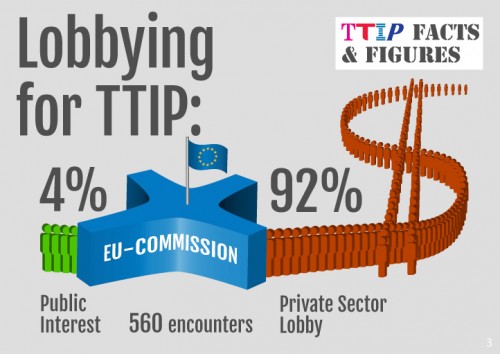
SINN FÉIN IN GOVERNMENT would ensure a fair rental system for tenants by regulating the market as detailed in our comprehensive policy document Better4Housing, outlining our vision for a better housing system. Inaddition to arange of measures to tackle housing need and a major investment package for social and affordable housing, Sinn Féin would ensure that fairness was the cornerstone of the Irish rental market with strong protections for tenants and regulations to tackle spiralling rents.
A dramatically increased housing supply will bring down rents and give tenants choice but regulations can be delivered right now which would ease the hardship lumped on the many thousands of renters with unaffordable rent rates.
Sinn Féin would introduce real rent certainty through limits on the potential for future increases by index linking rents to the Consumer Price Index. This would help many tenants who may welcome the delay in rent reviews the government has sought but still fear a large hike in rents when a review happens. It will also stop landlords from implementing large increases in rent between tenancies which the government plans do not address.
For many tenants though, their rent has already exceeded what they can afford. This is why we would empower Local Authorities and the PRTB to set standard local rates which landlords could not exceed.
Sinn Féin would provide greater security of tenure for tenants so they cannot be so easily evicted if a landlord feels he can get higher rent levels with another tenant. Too many landlords in recent years have used false claims of renovations or plans to sell to remove tenants, only to re-let the property for a higher rate of rent. All of these measures in conjunction with major investment in the construction, acquisition and refurbishment of social and affordable housing will see a fairer, more stable housing system which meets the needs of everyone.
Regarding modular housing, we recognise the need for immediate interventions to provide additional emergency accommodation. All options should be looked at to increase capacity while real housing is brought into use but real housing should always be the priority. Even in the emergency situation we have, we must act sensibly.
Modular units have a use but the government’s plan is not good enough. In Ballymun we have temporary units being put in place which cost as much as €70,000 more than it would cost to buy a house in the local area which would serve as a permanent home for a family. If we can place homeless families in permanent housing right now for a similar cost, then we should be prioritising that approach.

